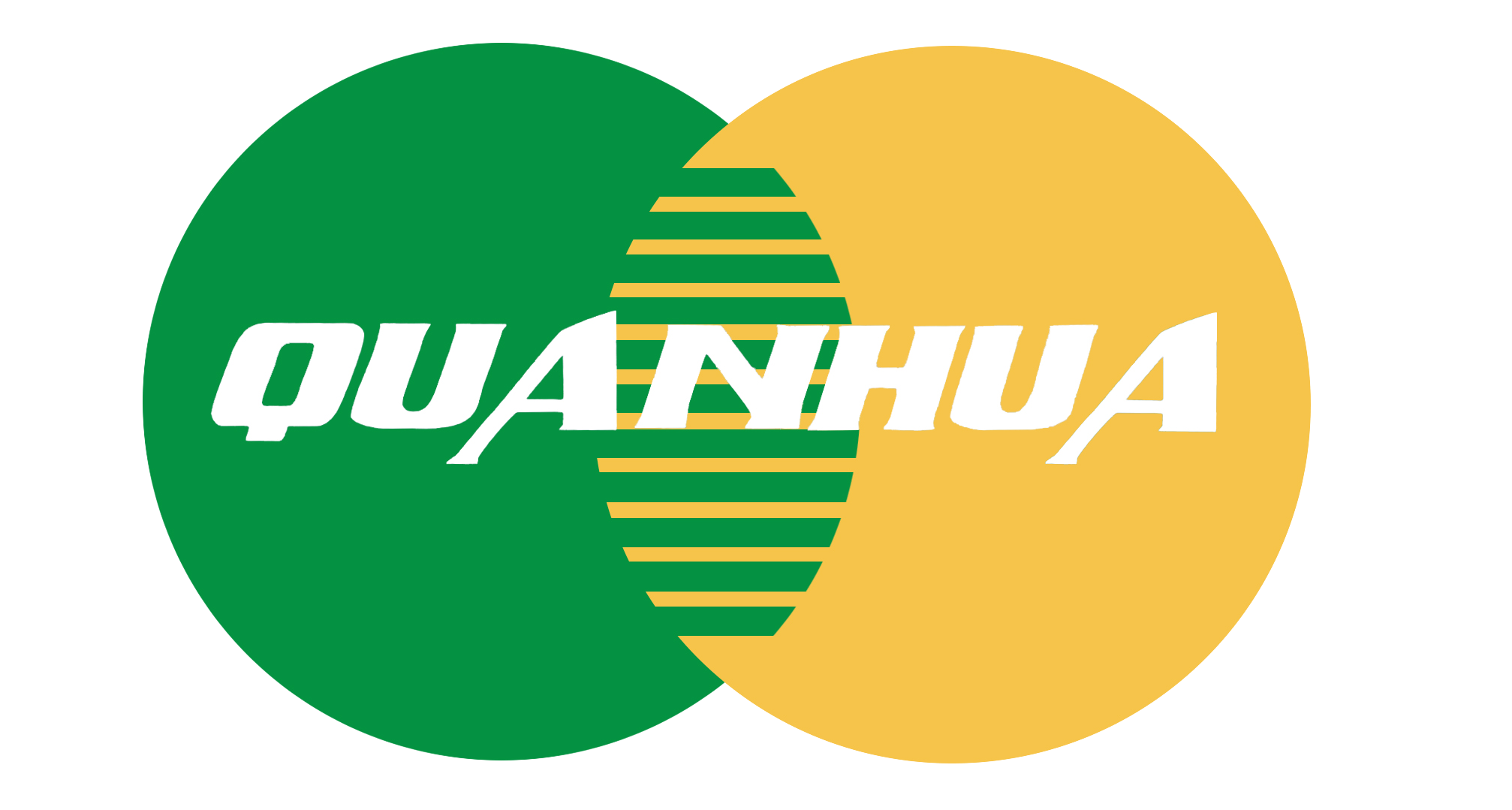How are Cornstarch Forks Made? A Journey from Plant to Plate
Cornstarch forks have gained popularity as a sustainable and eco-friendly alternative to traditional plastic forks. Their biodegradability and lack of harmful chemicals make them an appealing choice for those seeking environmentally conscious products. But have you ever wondered how these forks are made? Let's delve into the fascinating process behind the creation of cornstarch forks.
- Sourcing the Raw Material: Cornstarch
The journey begins with cornstarch, a starch extracted from corn kernels. Cornstarch is a versatile carbohydrate with numerous industrial applications, including the production of bioplastics like cornstarch forks.
- Granulation and Mixing
Cornstarch powder undergoes a process called granulation, where it is transformed into small granules or pellets. These granules are then mixed with other additives, such as plasticizers and lubricants, to enhance the flexibility and durability of the final product.
- Compounding and Blending
The mixture of cornstarch granules and additives is then subjected to compounding, a process that involves melting and blending the materials under high pressure and heat. This process creates a homogenous and workable plastic compound.
- Molding and Shaping
The molten plastic compound is then injected into molds designed to create the desired shape of the cornstarch forks. The molds are precisely engineered to ensure the forks have the right dimensions, thickness, and handle design.
- Cooling and Solidification
Once the plastic compound is injected into the molds, it is allowed to cool and solidify. This process ensures the forks maintain their shape and structural integrity.
- Demolding and Inspection
After the forks have solidified, they are carefully removed from the molds. Each fork undergoes a thorough inspection to ensure it meets quality standards and is free of defects.
- Packaging and Distribution
The inspected cornstarch forks are then packaged and prepared for distribution. They are shipped to retailers, restaurants, and consumers who are looking for eco-friendly and sustainable alternatives to traditional plastic forks.
A Sustainable Choice for the Future
Cornstarch forks offer a compelling alternative to conventional plastic forks, providing a combination of environmental benefits and health advantages. As the demand for sustainable products grows, the production of cornstarch forks is expected to continue expanding, contributing to a greener and healthier future.

